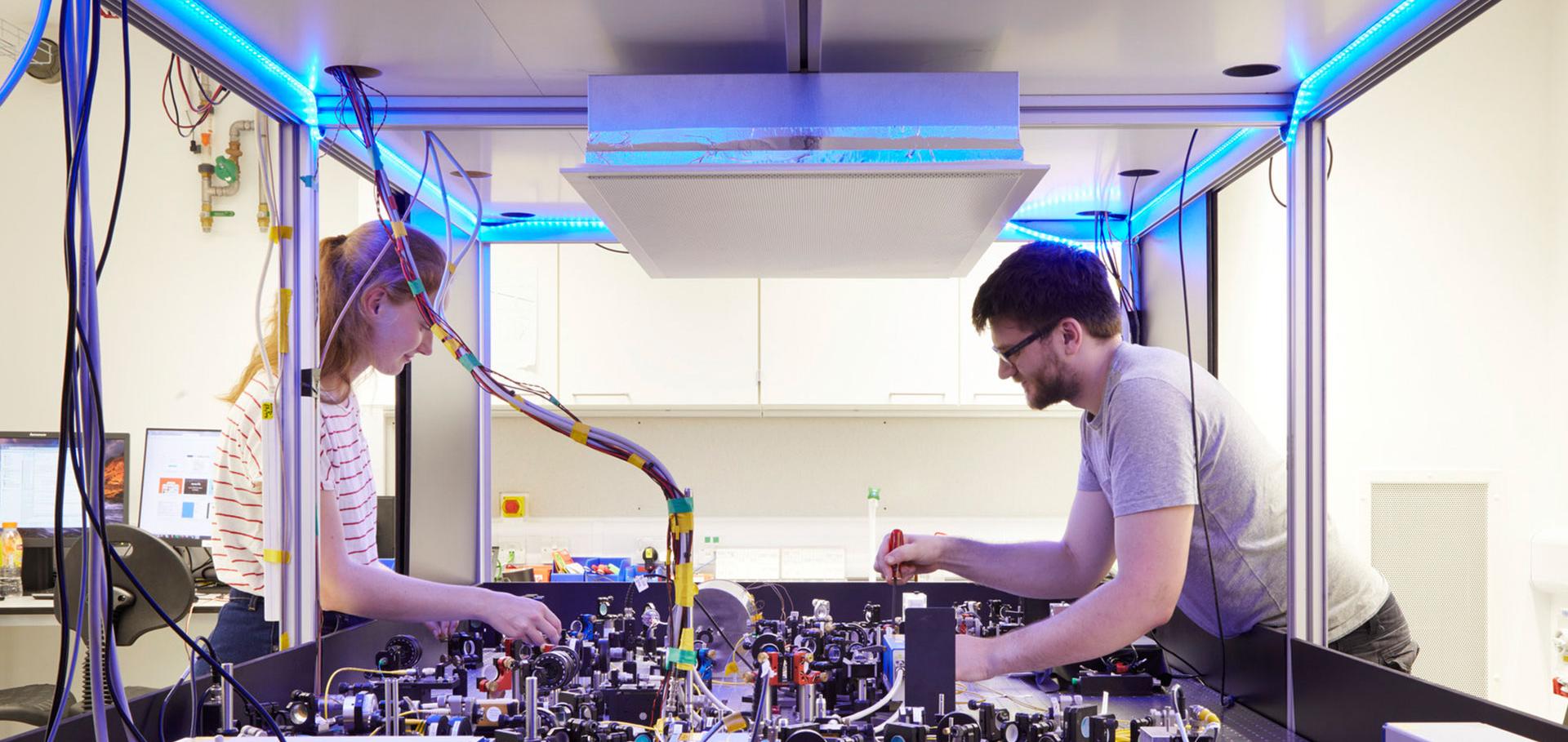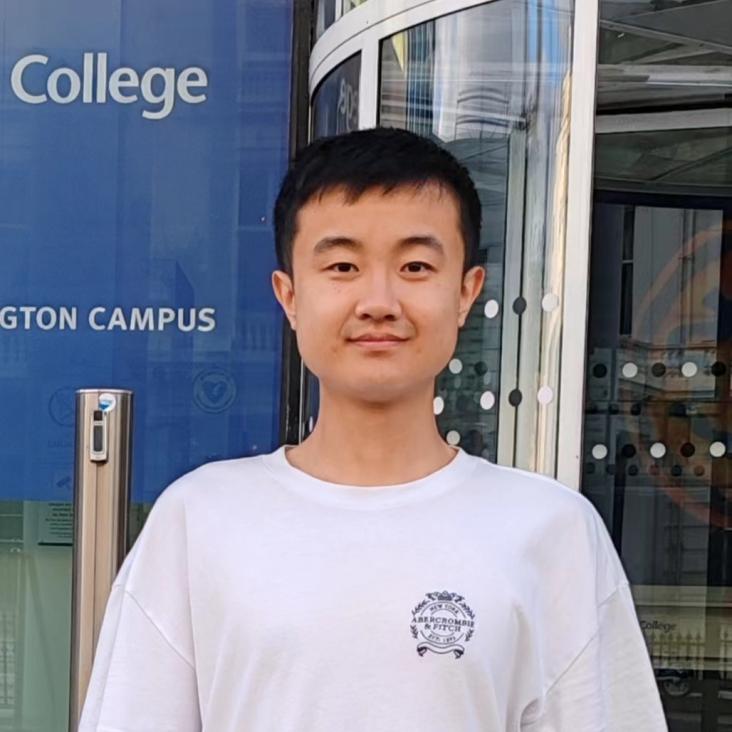Toward Practical Quantum Embedding Simulation of Realistic Chemical Systems on Near-term Quantum Computers
ArXiv 2109.08062 (2021)
Towards a variational Jordan-Lee-Preskill quantum algorithm
ArXiv 2109.05547 (2021)
Towards a Larger Molecular Simulation on the Quantum Computer: Up to 28 Qubits Systems Accelerated by Point Group Symmetry
ArXiv 2109.0211 (2021)
Quantum Simulation with Hybrid Tensor Networks
Physical Review Letters American Physical Society (APS) 127:4 (2021) 040501
Variational algorithms for linear algebra
Science Bulletin Elsevier 66:21 (2021) 2181-2188


